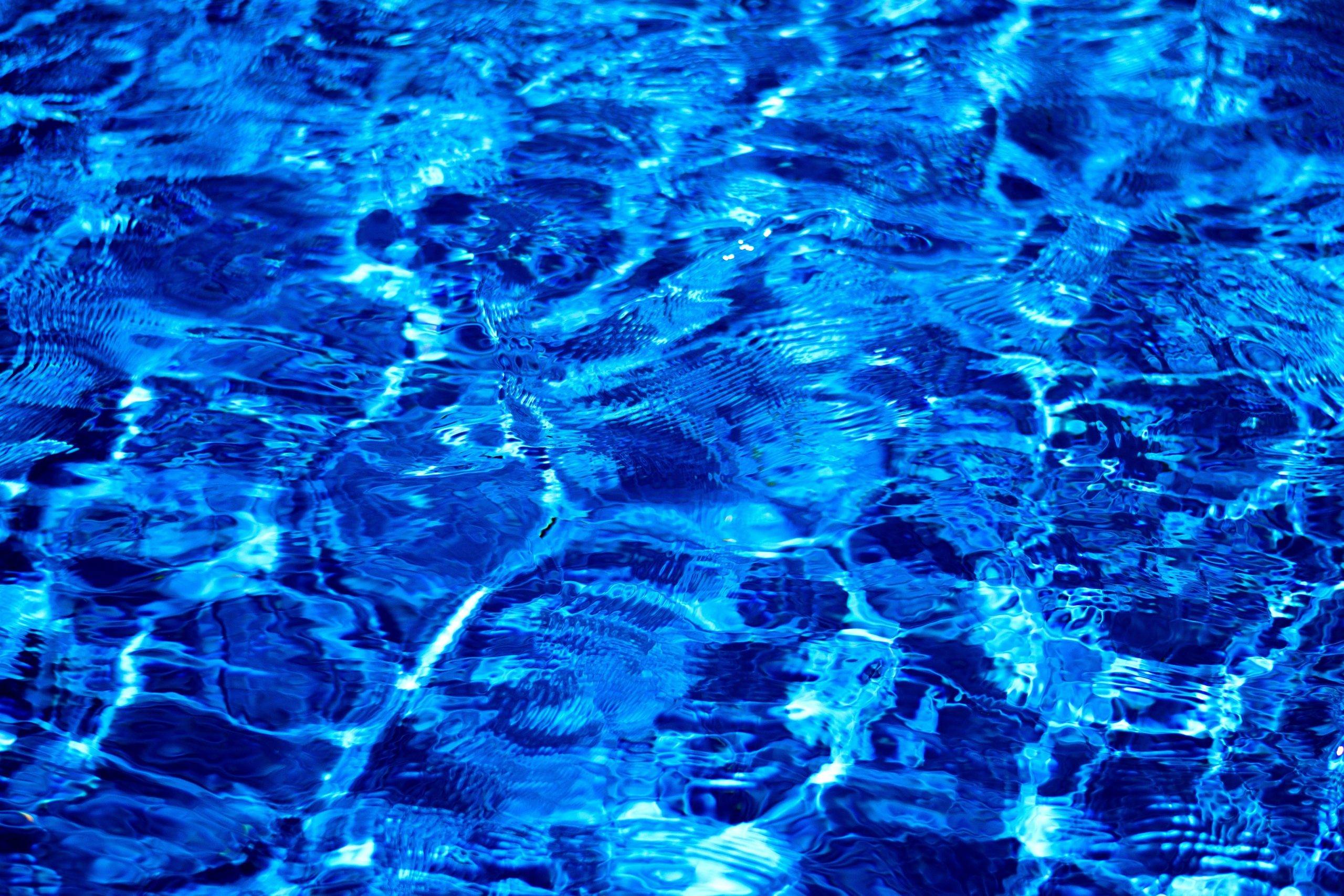Having the same issue. Did this ever get resolved?
Yes, though nothing related to an external bypass or switching to a variable speed pump.
We had to upsize our gas meter, upsize the pipe coming from the meter into the house and to the pool heater.
That gave the heater adequate gas volume and pressure that it needed to run properly.
*As an important side note, there’s an esoteric question that nobody, not even Raypak themselves can give me a straight answer on:
1. Does all of the water coming in to the heater through the inlet go through the heat exchanger?
The manual seems to say there’s an internal bypass that only lets 1/3 to 1/2 of the water go through the heat exchanger. If I understand that correctly, that would mean that the water coming from the heater exchanger mixes with the bypassed water coming out of the heater and goes back to the pool.
Wouldn’t this seem to dilute the heat exchanger water?
2. We have a 1.5 hp single speed pump, capable of 3450 rpm, up to 90 gpm, and we run it 24/7. I didn’t turn the external bypass at all to limit the flow, and the heater worked giving a 1 degree temperature rise per hour, sometimes 2 degrees, but that’s mainly when the heater is up to 88 and only drops a few degrees.
What I’m wondering, and again, can’t seem to find a straight answer, is whether closing the bypass 1/3 of the way thereby slowing the flow down to maybe 60 or 50 gpm would in fact make the heater perform even better?
Lastly, when you do get it running, it’s a loud heater.


